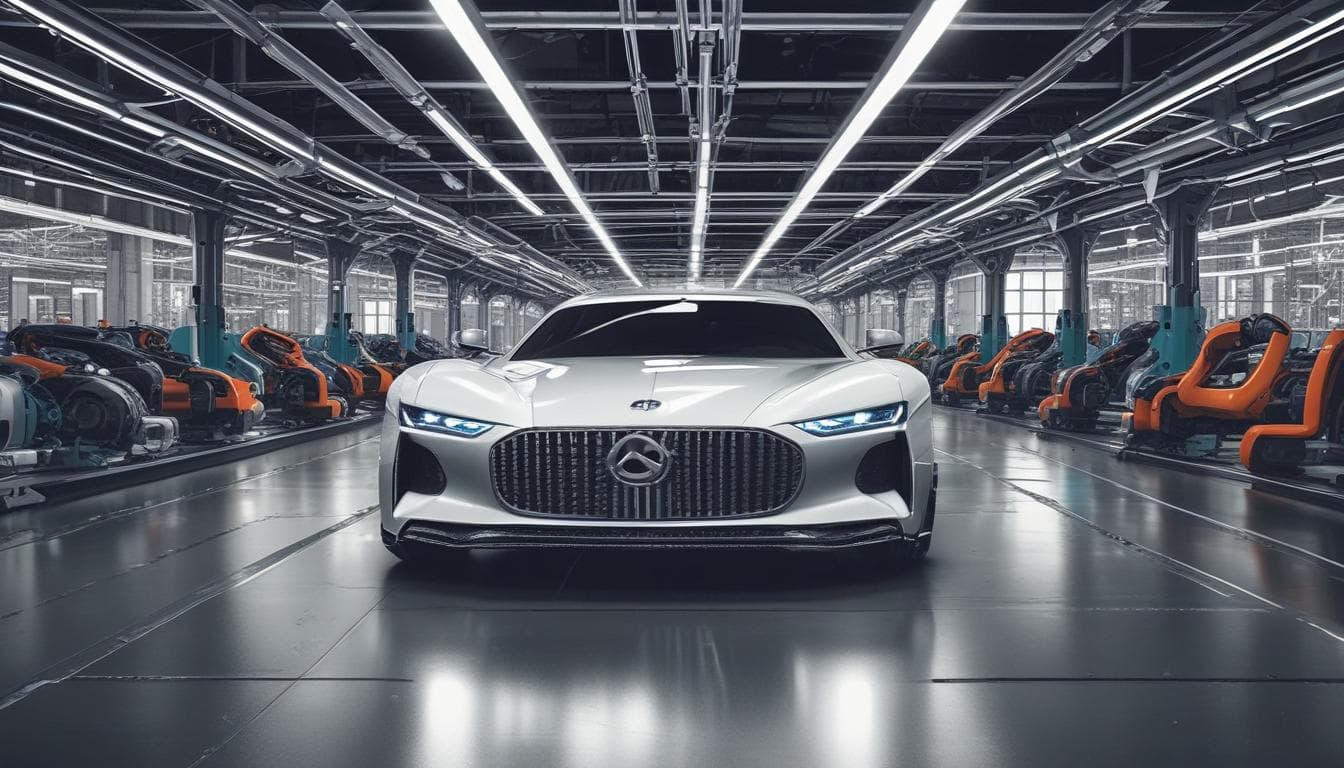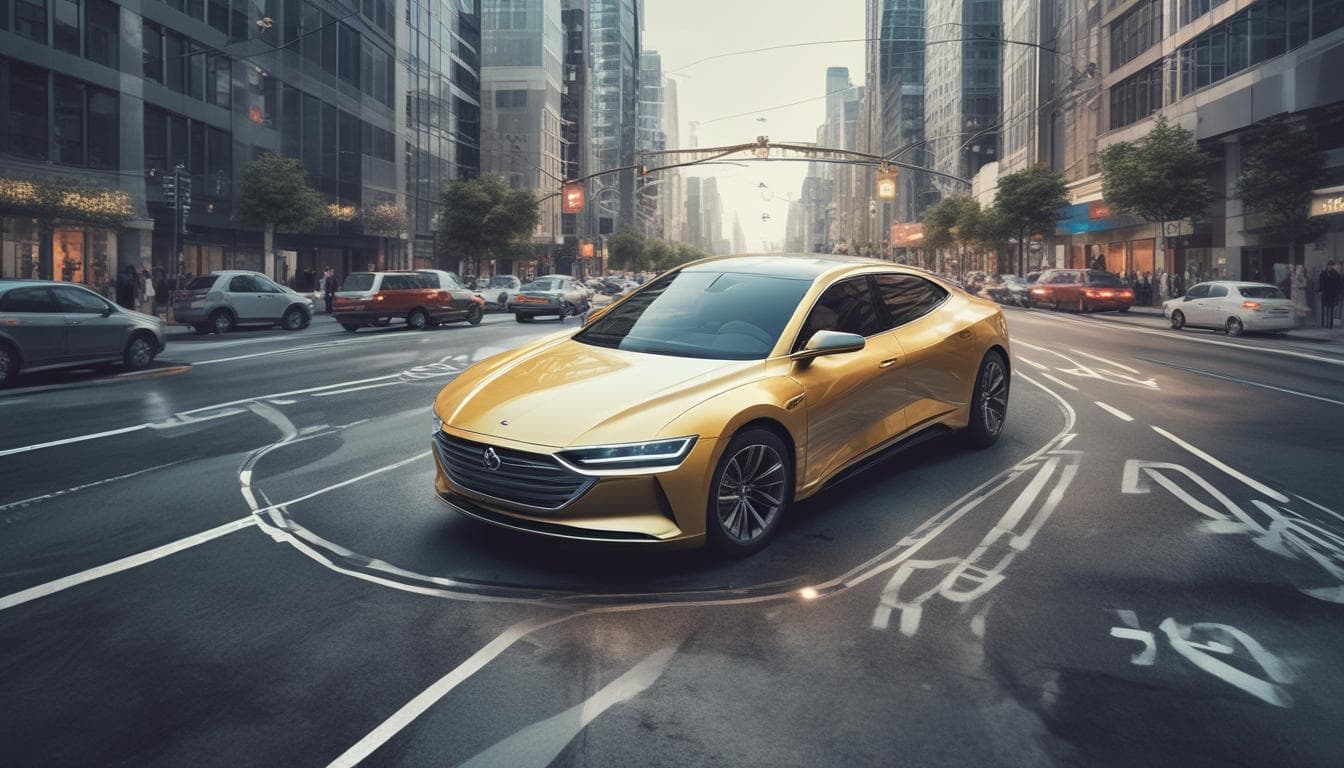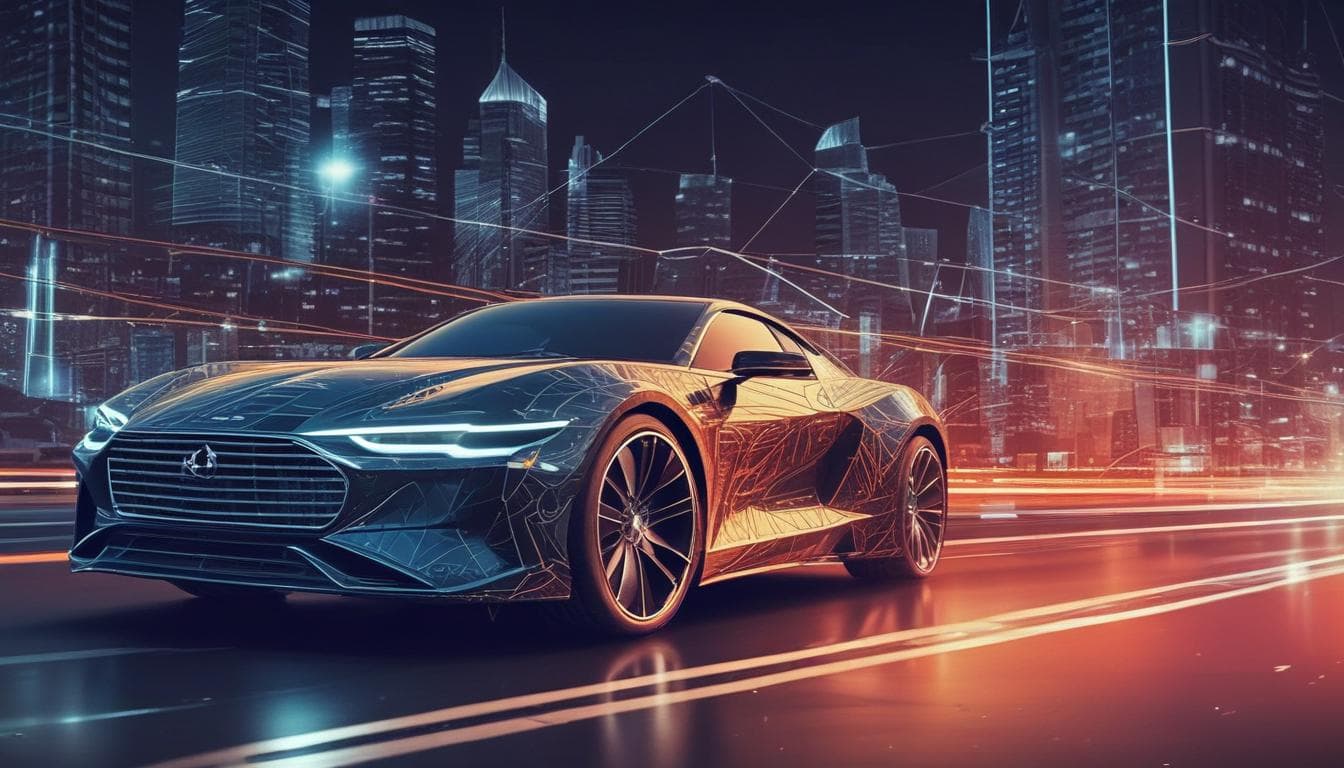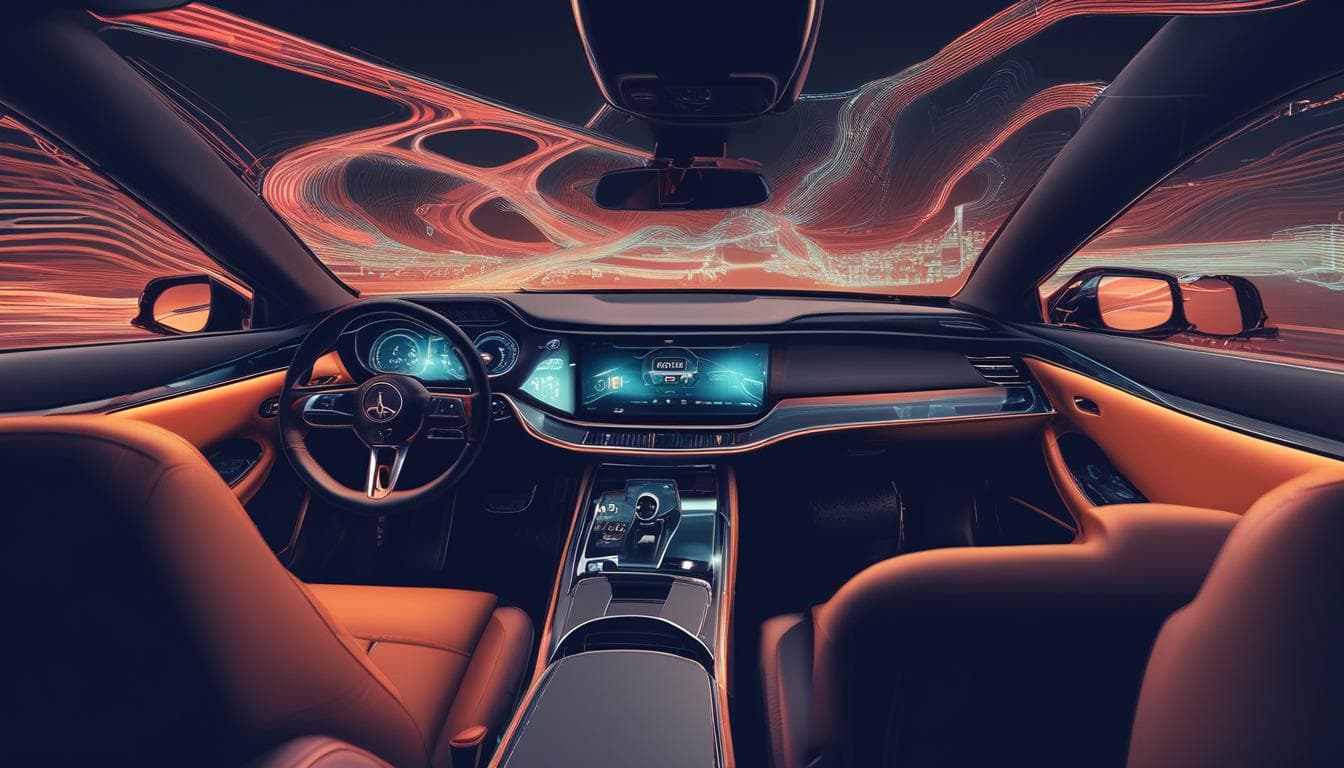The automotive industry is undergoing a profound transformation fueled by the rapid advancement and integration of Artificial Intelligence (AI). From the initial design stages to the manufacturing process, and ultimately to the driving experience itself, AI is reshaping every facet of the automotive landscape. This article delves deep into the multifaceted impact of AI, exploring its current applications and future potential within the automotive sector.
AI in Design and Manufacturing
Design Optimization
AI algorithms are revolutionizing vehicle design by optimizing various aspects, including aerodynamics, structural integrity, and aesthetics. Generative design tools, powered by AI, can explore countless design possibilities, pushing the boundaries of creativity and efficiency. By analyzing vast datasets of existing designs and incorporating performance parameters, AI can identify optimal design solutions that meet specific requirements, such as minimizing drag or maximizing fuel efficiency. These tools can also accelerate the design process significantly, allowing engineers to explore a wider range of design options in a shorter time frame, showcasing the power of human-machine collaboration in automotive design and engineering. 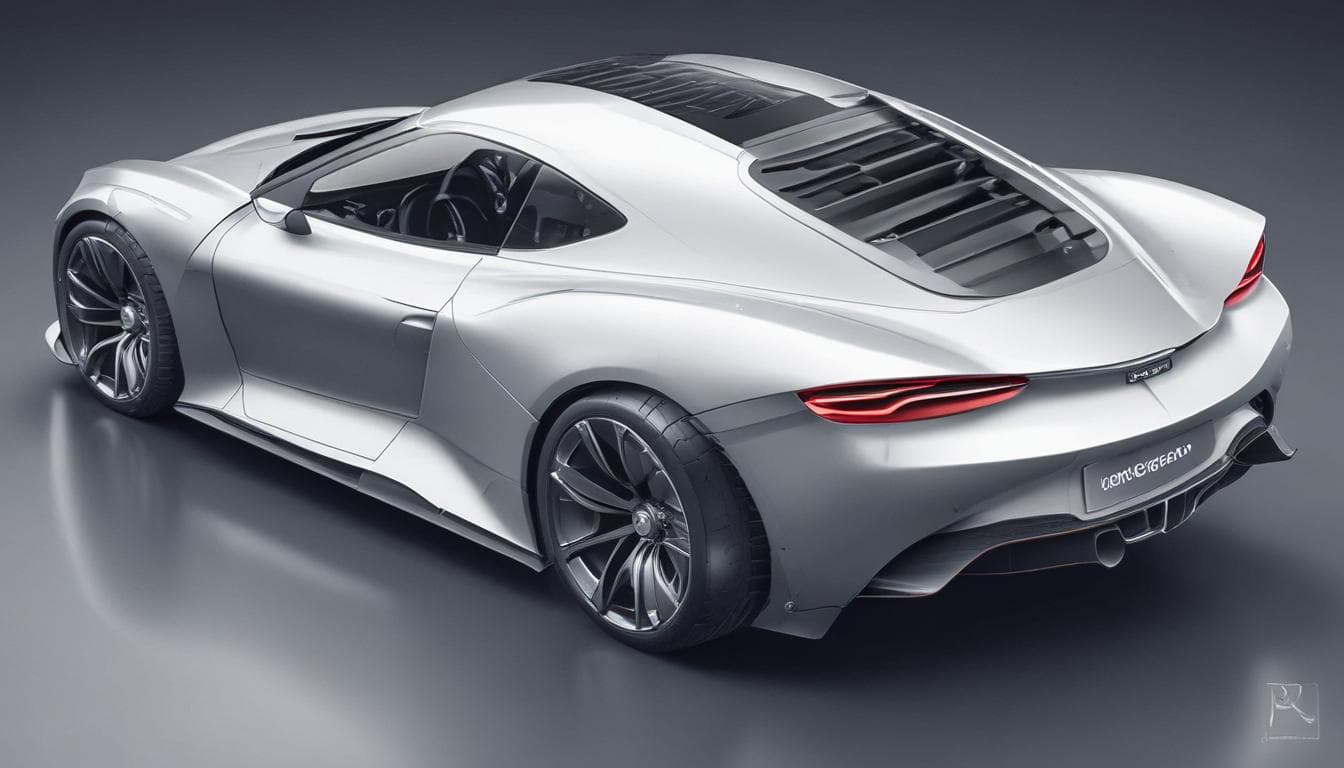
Manufacturing Process Automation
AI-powered robots and automation systems are transforming automotive manufacturing plants, increasing productivity and precision while reducing costs. These intelligent systems can perform complex assembly tasks, welding, painting, and quality control inspections with greater speed and accuracy than traditional methods. AI-driven predictive maintenance can anticipate equipment failures, minimizing downtime and optimizing maintenance schedules. For a broader perspective on how automation is changing the industry, consider reading about the robotics revolution transforming the automotive landscape. 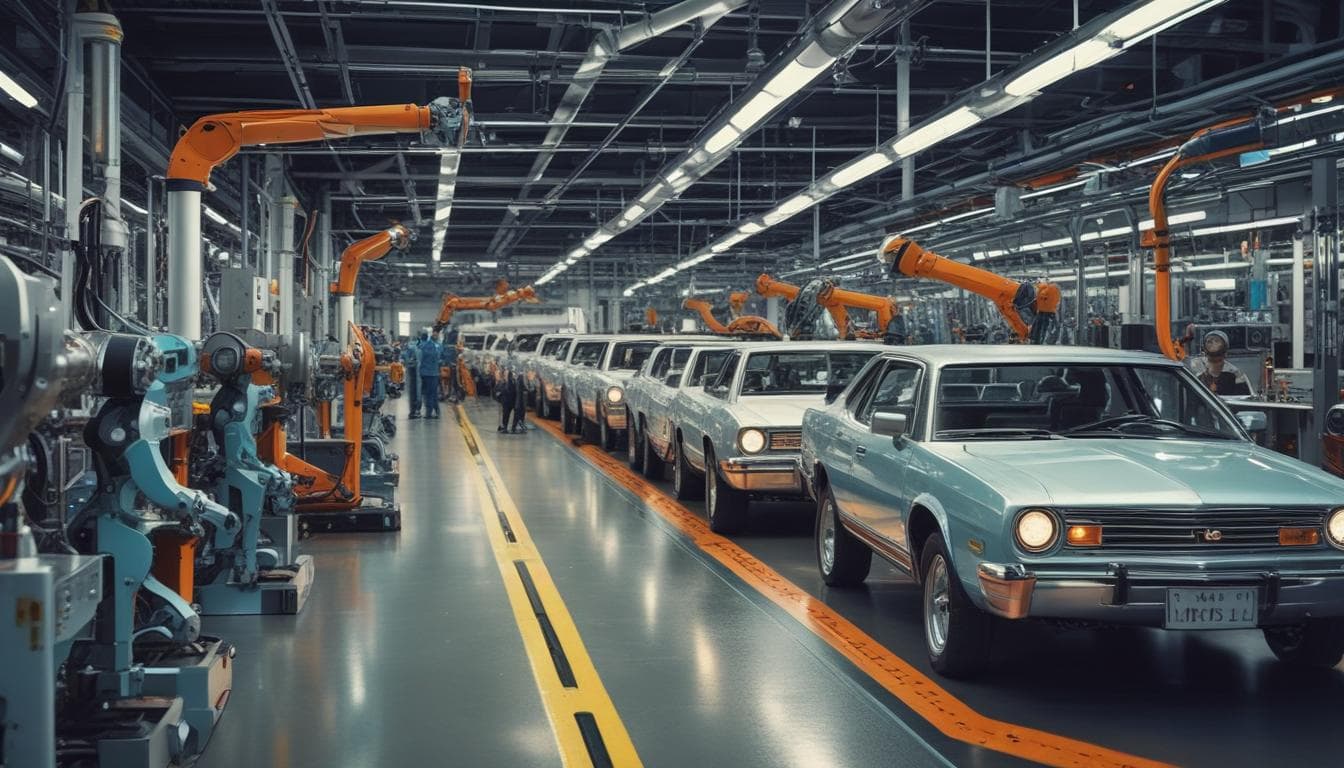
AI in the Driving Experience
Advanced Driver-Assistance Systems (ADAS)
AI is the driving force behind ADAS features that enhance safety and convenience. These features, such as adaptive cruise control, lane keeping assist, and automatic emergency braking, rely on AI algorithms to analyze sensor data and make real-time decisions to avoid collisions and improve driving comfort. As AI technology matures, ADAS systems are becoming increasingly sophisticated, paving the way for fully autonomous driving. To understand more about the evolution and impact of advanced driver-assistance systems, further reading is available. 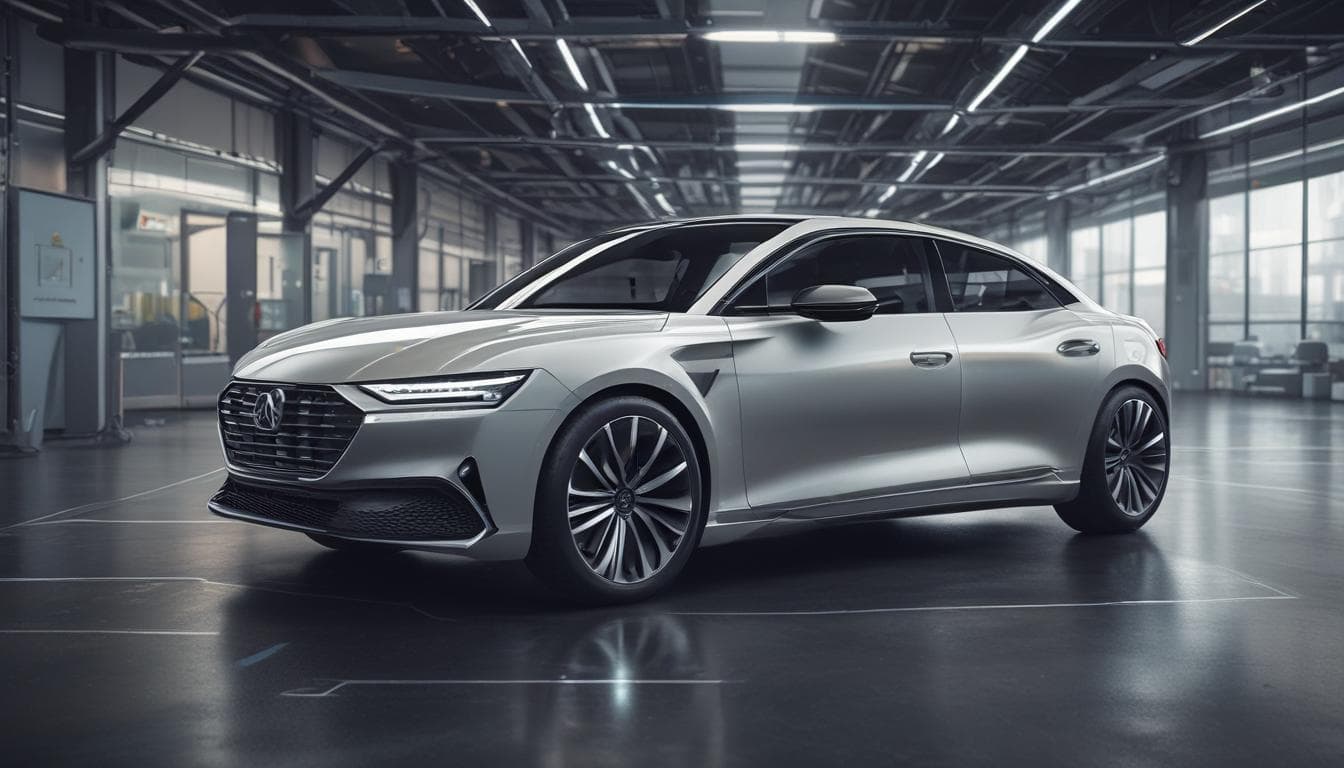
Autonomous Vehicles
The development of self-driving cars is heavily reliant on AI. AI algorithms process data from various sensors, including cameras, lidar, and radar, to perceive the environment, make driving decisions, and navigate complex road conditions. Machine learning models are trained on massive datasets of driving scenarios to enable autonomous vehicles to handle diverse situations, from highway driving to navigating urban environments, raising important considerations for ethical AI and the future of autonomous driving. 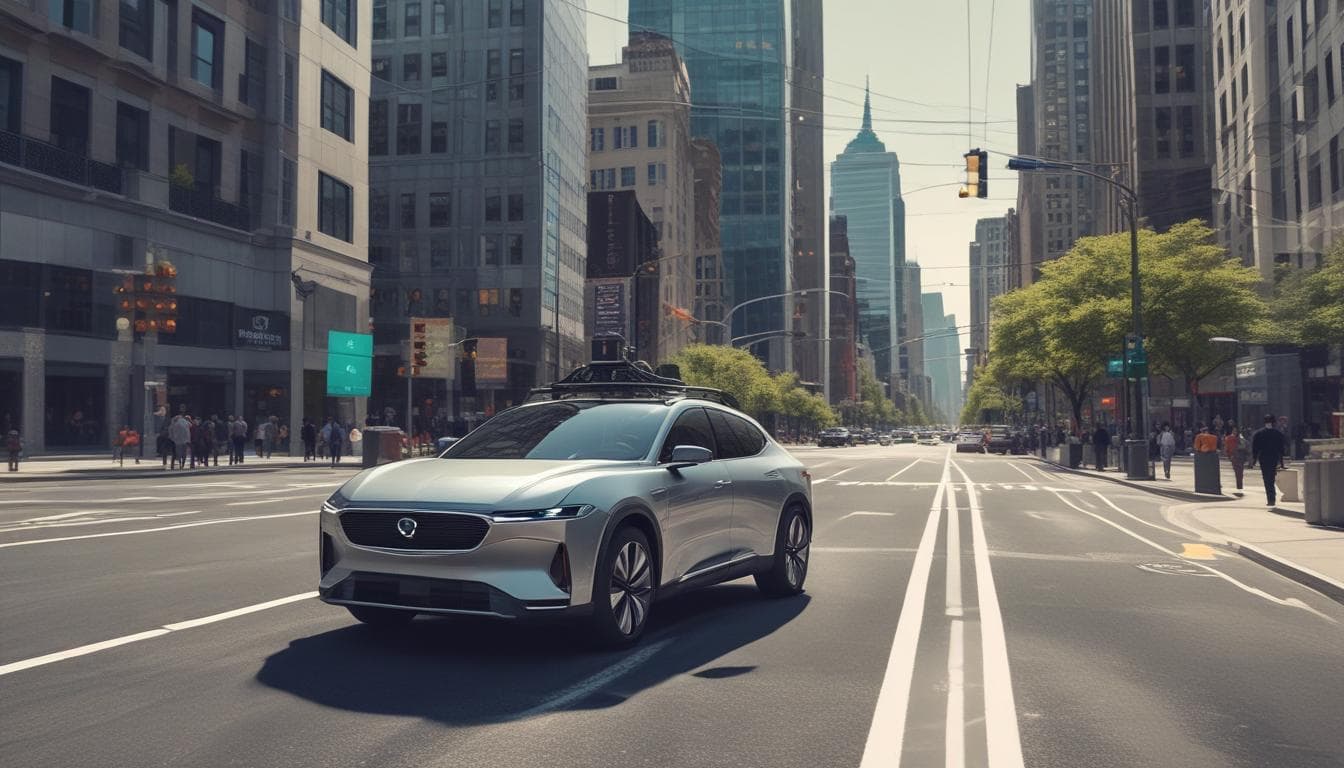
The Future of AI in the Automotive Industry
Connected Cars and the Internet of Things (IoT)
AI is playing a crucial role in the development of connected cars that communicate with each other and the surrounding infrastructure. This connectivity enables features such as real-time traffic updates, remote diagnostics, and personalized infotainment services. AI algorithms analyze data from connected car networks to optimize traffic flow, improve road safety, and enhance the overall driving experience, including creating highly personalized in-car experiences, while also highlighting the cybersecurity imperative for connected vehicles. To learn more about how connected cars are transforming the industry, you might be interested in reading about how V2X communication is transforming road safety and efficiency.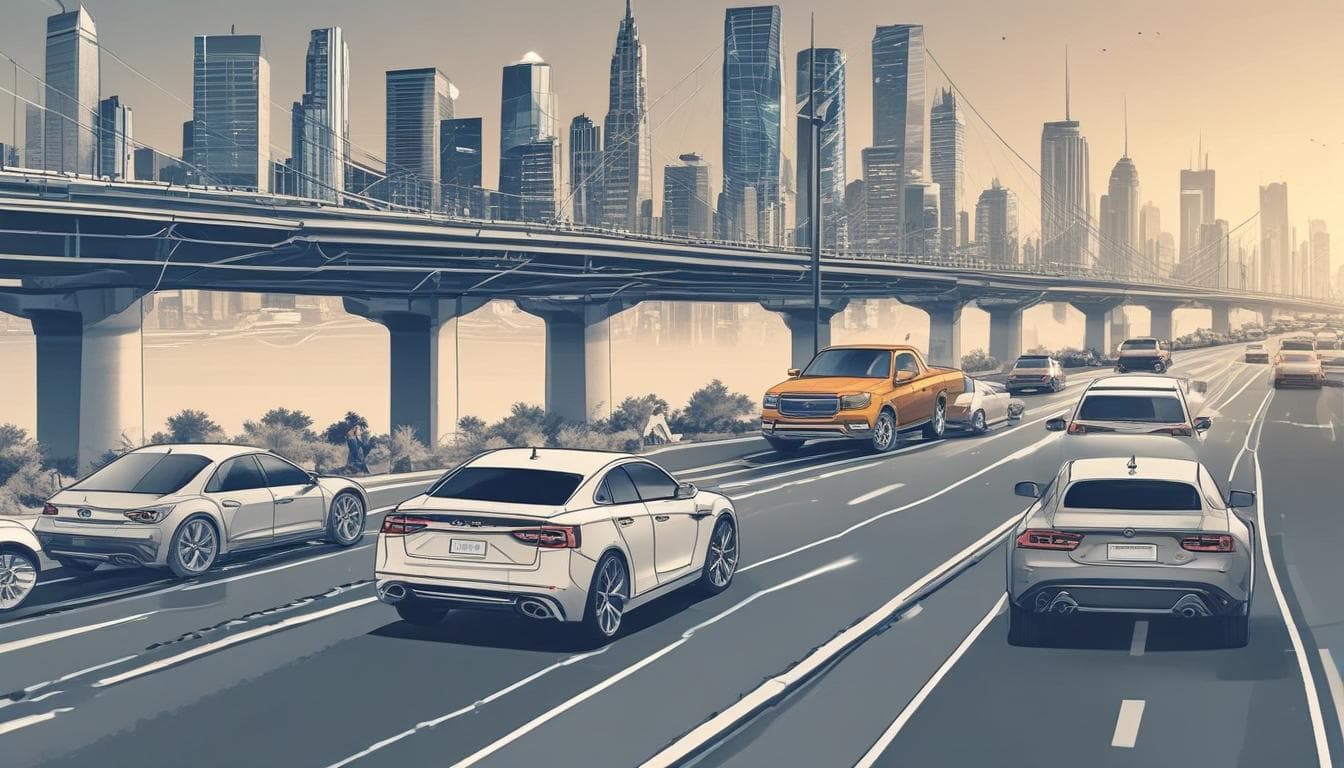
Predictive Analytics and Market Trends
AI-powered predictive analytics is transforming the automotive industry by providing insights into consumer preferences, market trends, and sales forecasting. By analyzing vast amounts of data from various sources, including social media, online searches, and sales data, AI algorithms can predict future demand for different car models, anticipate market trends, and optimize production and inventory management. This approach is also central to the rise of predictive maintenance in the automotive industry. 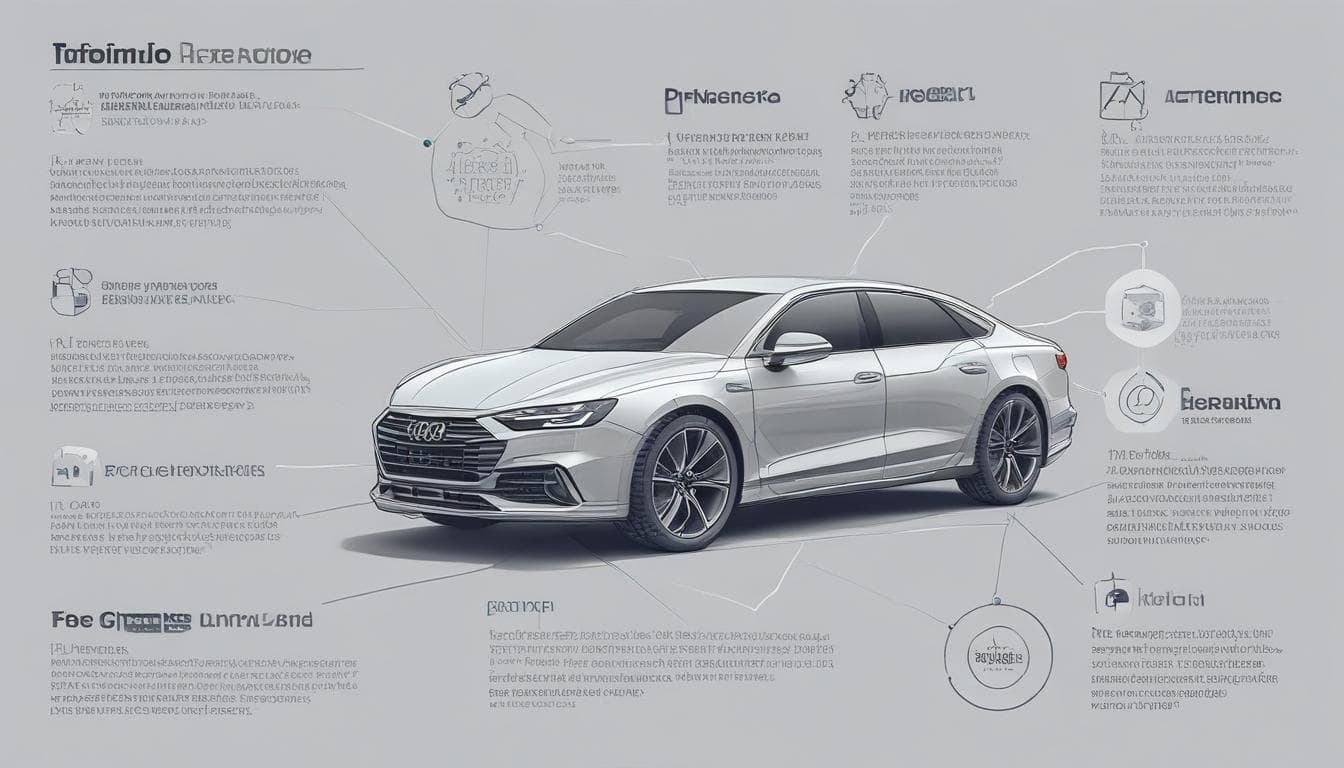
In conclusion, AI is revolutionizing the automotive industry, impacting every aspect from design and manufacturing to the driving experience itself. As AI technology continues to advance, we can expect even more transformative changes in the years to come. From fully autonomous vehicles to personalized and connected car experiences, the future of mobility is being shaped by the power of AI. A specific area where AI is making significant strides is Generative AI. The automotive industry, and indeed the world, stands at the cusp of a new era of transportation driven by the intelligence of machines. We encourage readers to share their thoughts and join the conversation about the future of AI in the automotive industry. How do you envision AI impacting your driving experience in the next decade?
